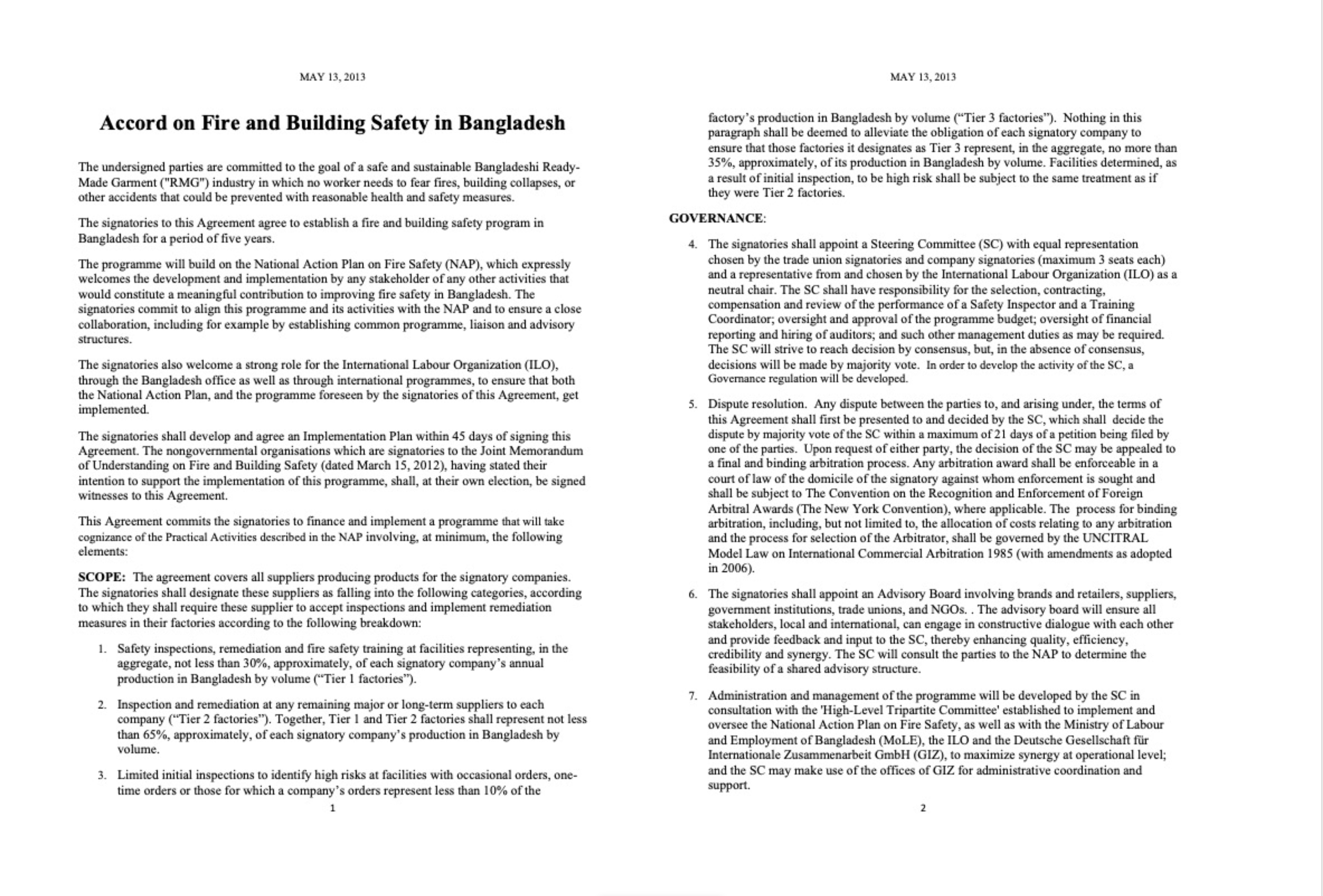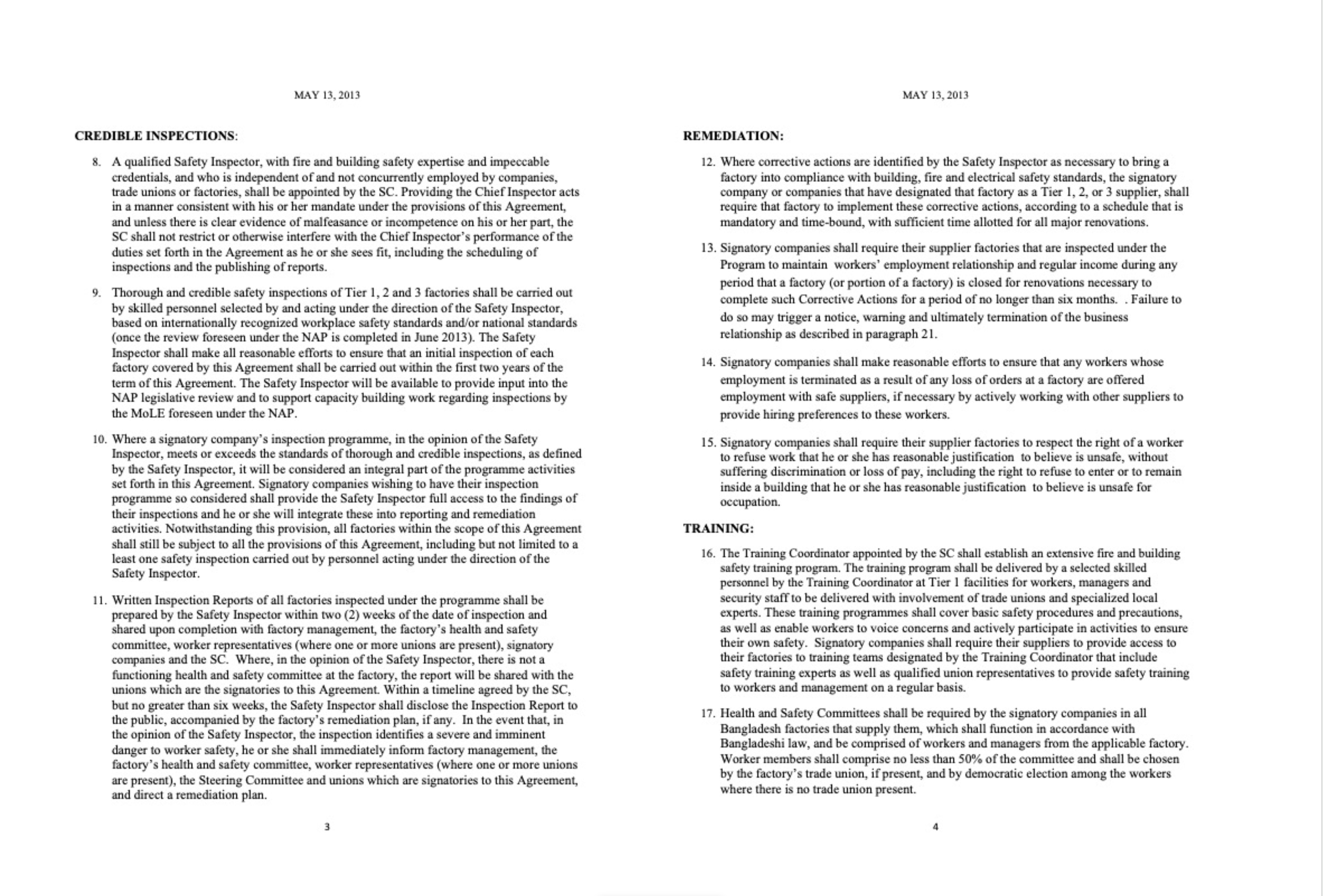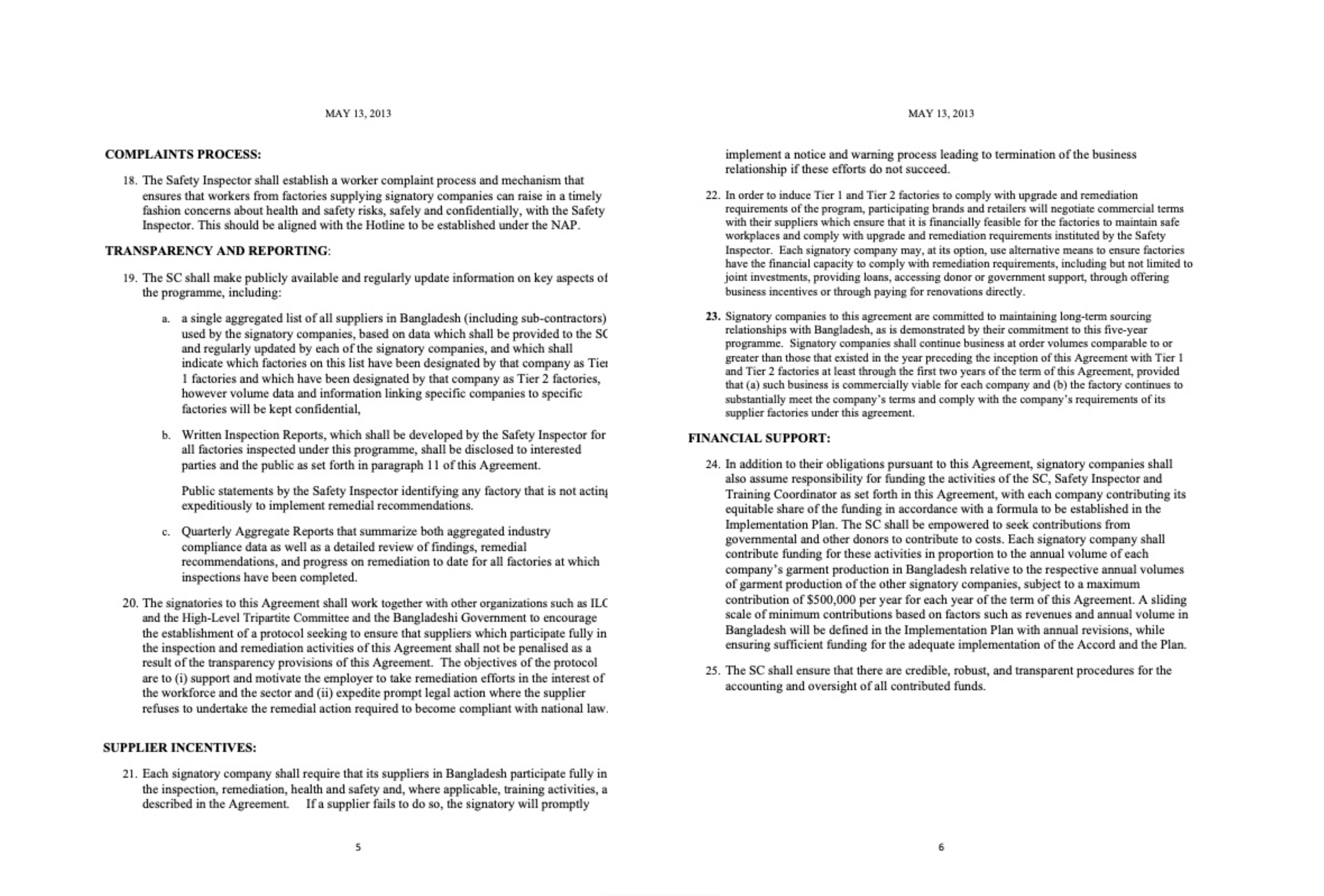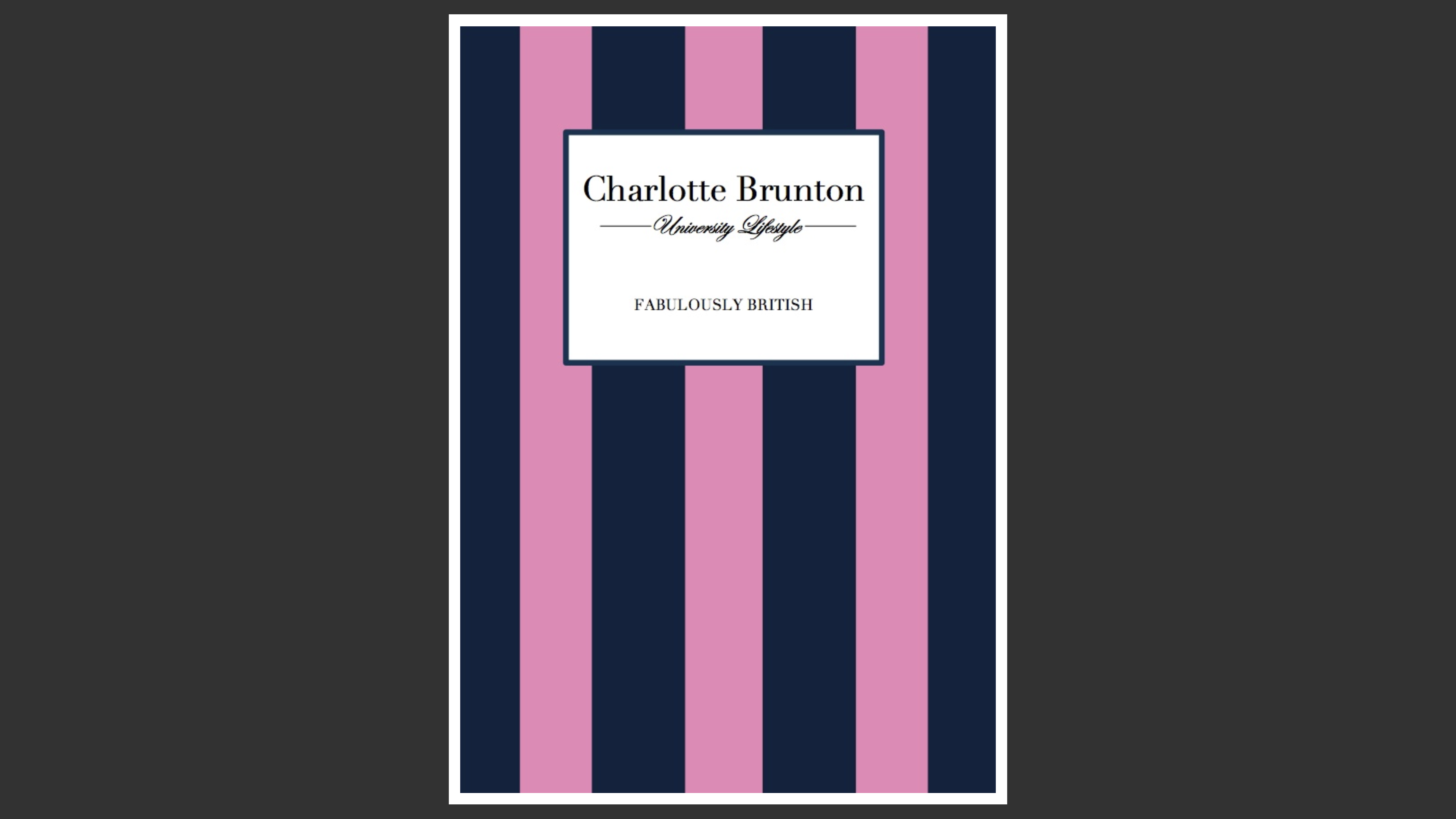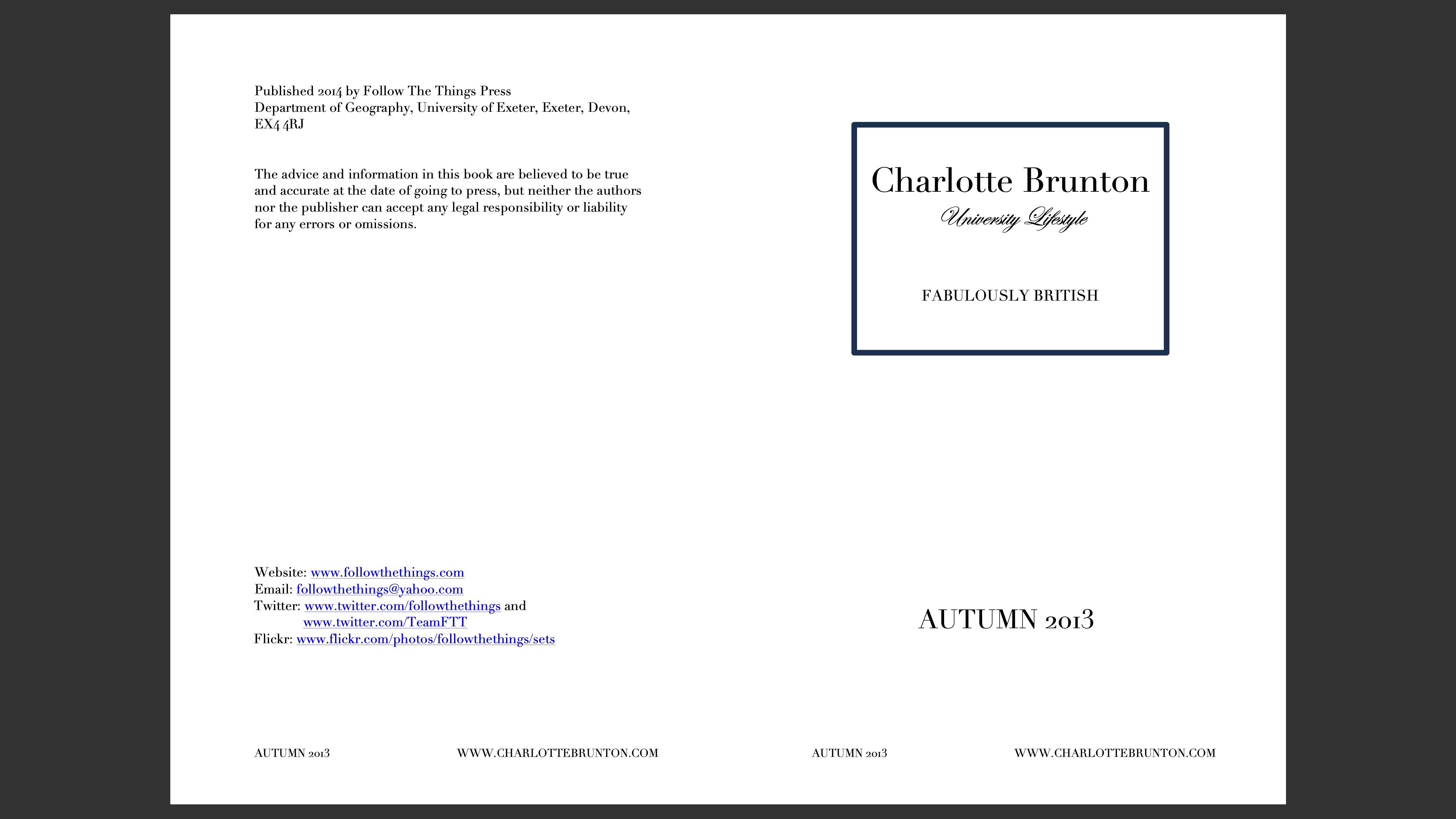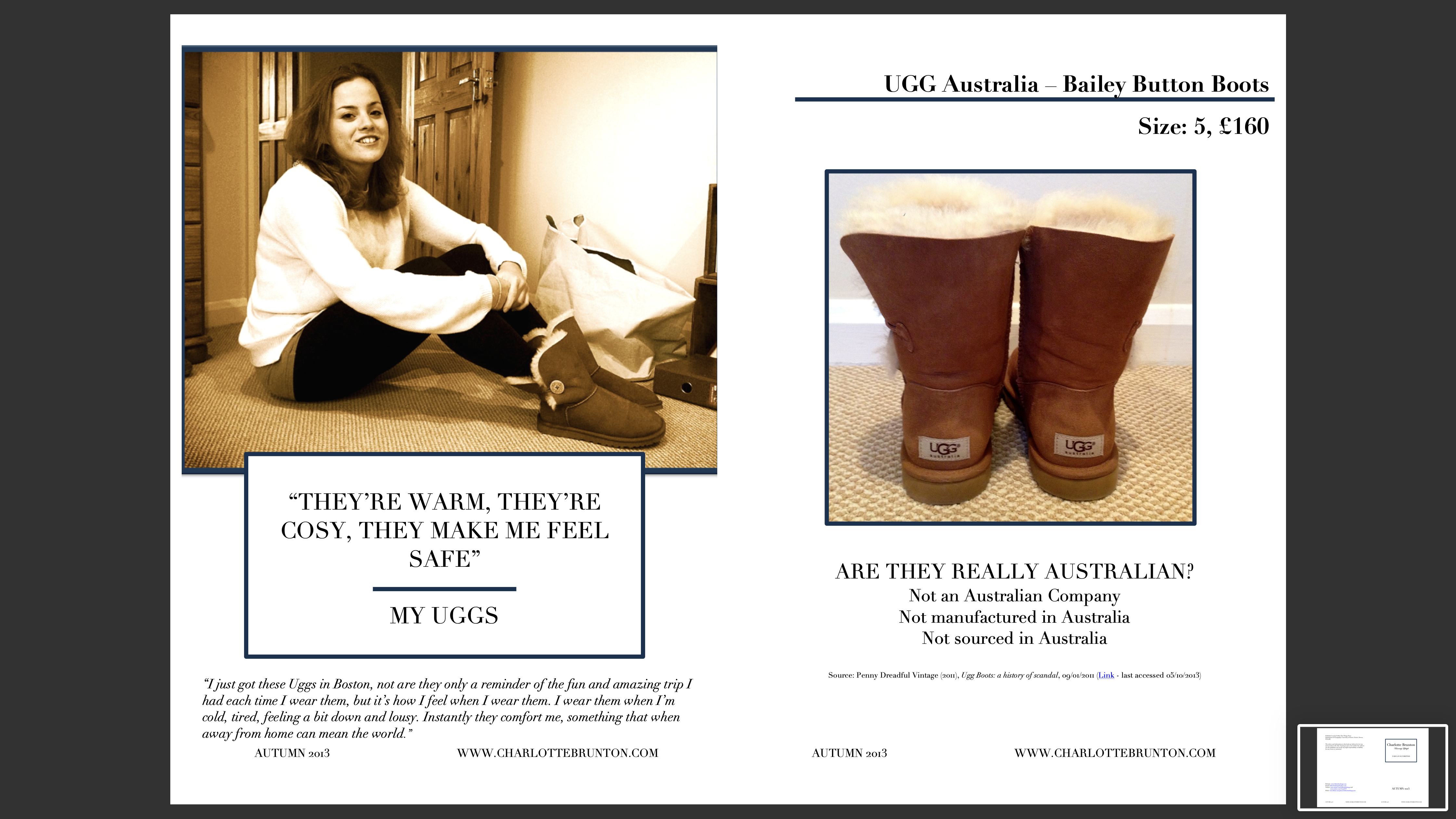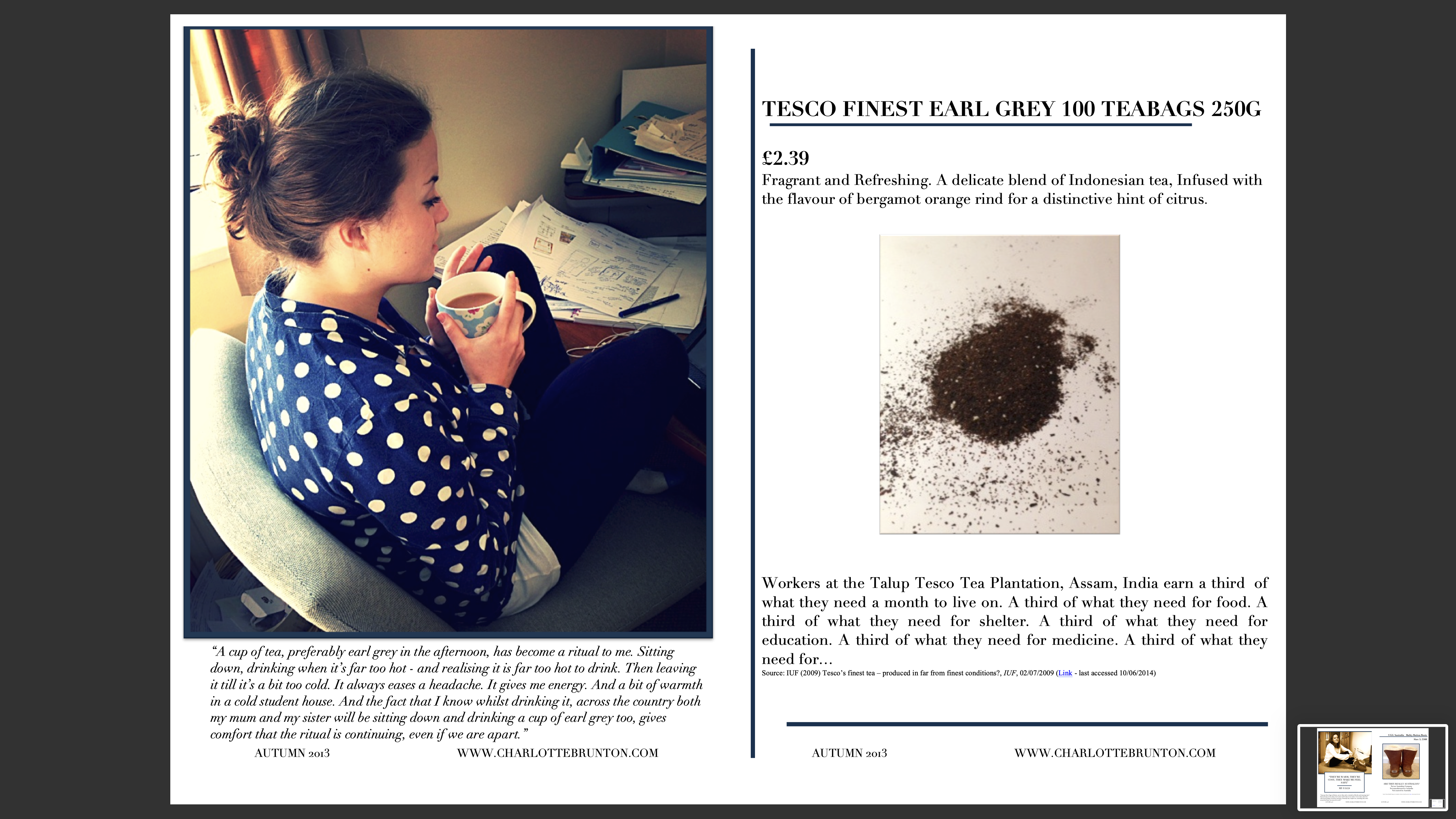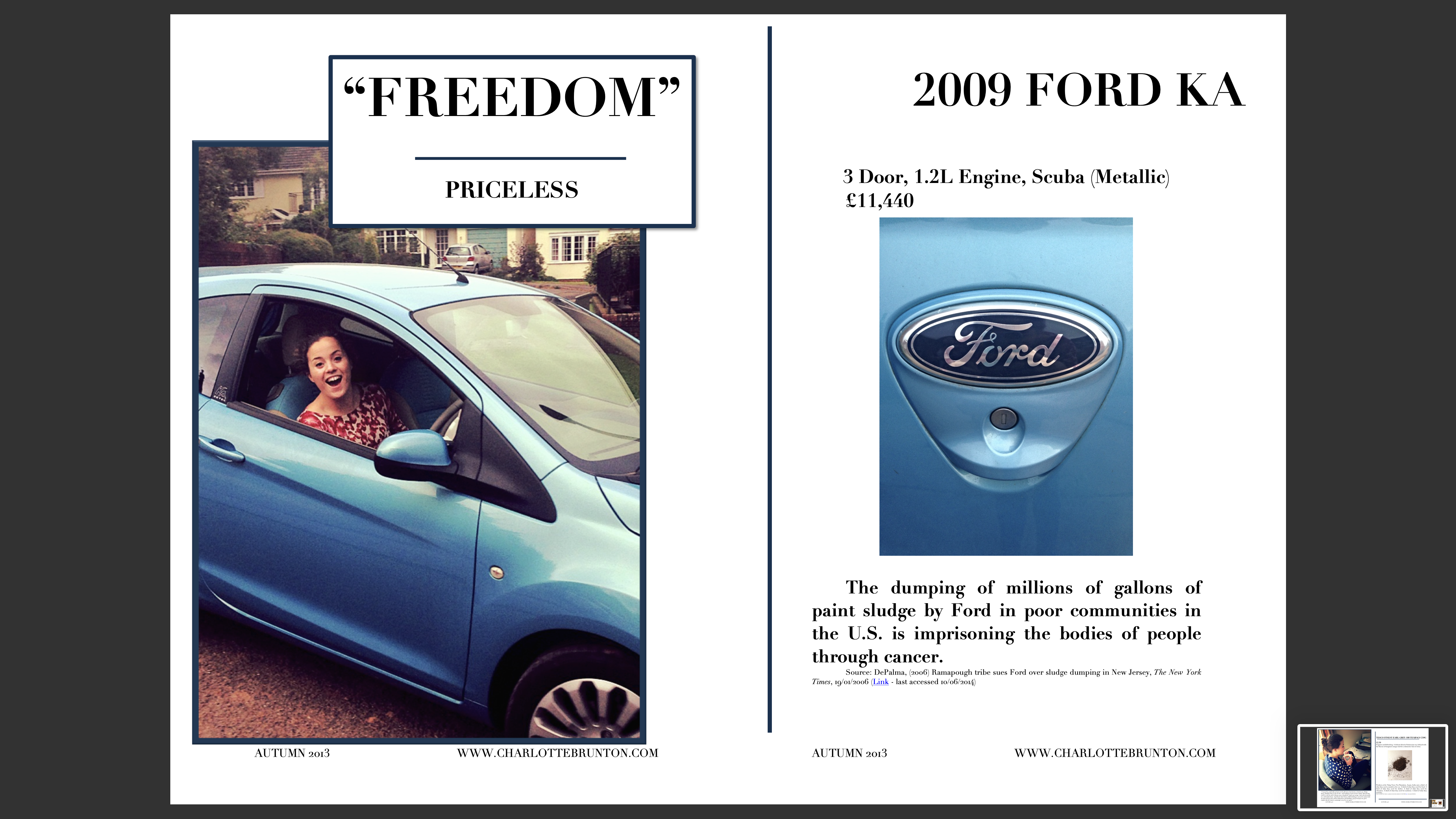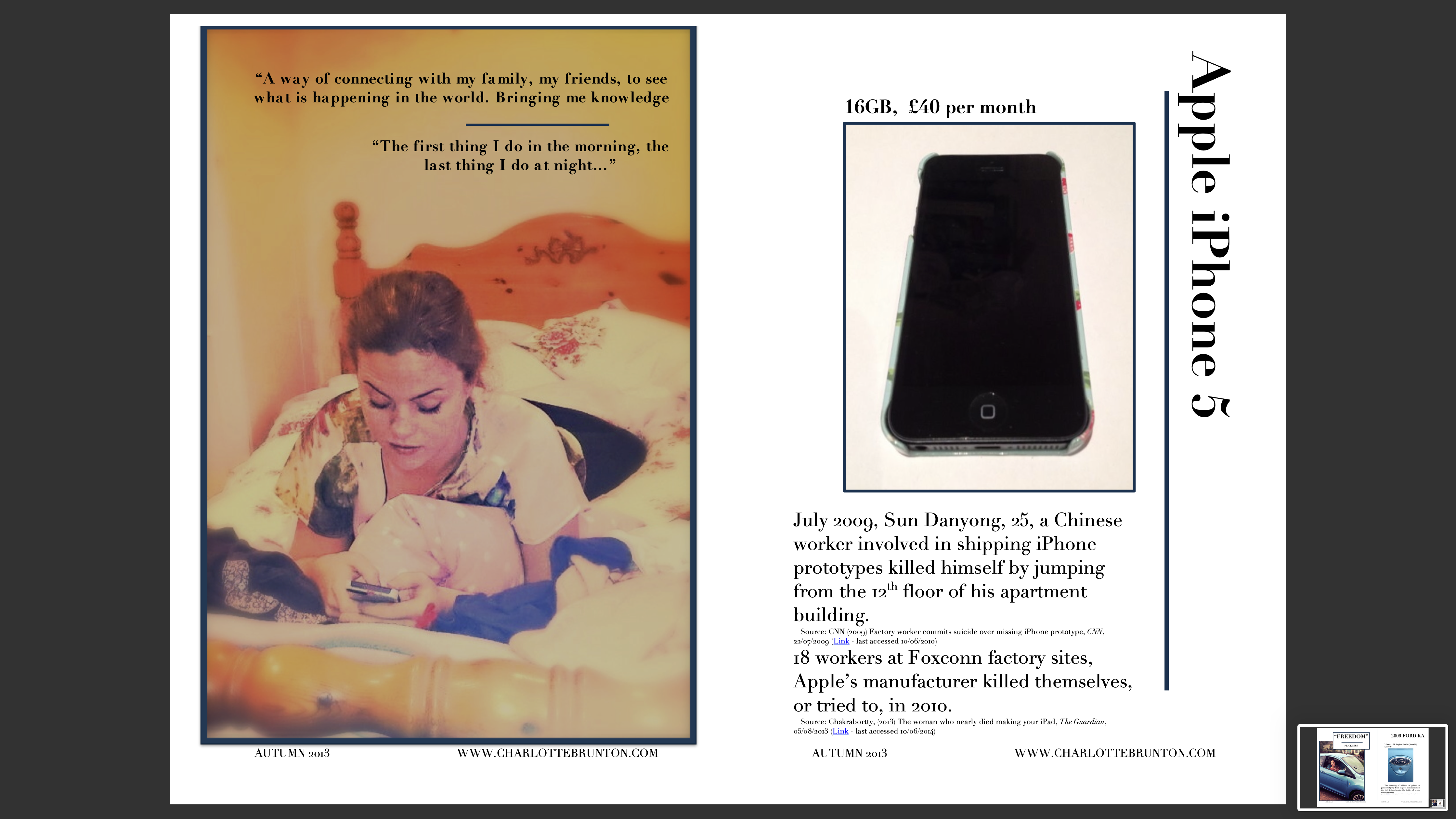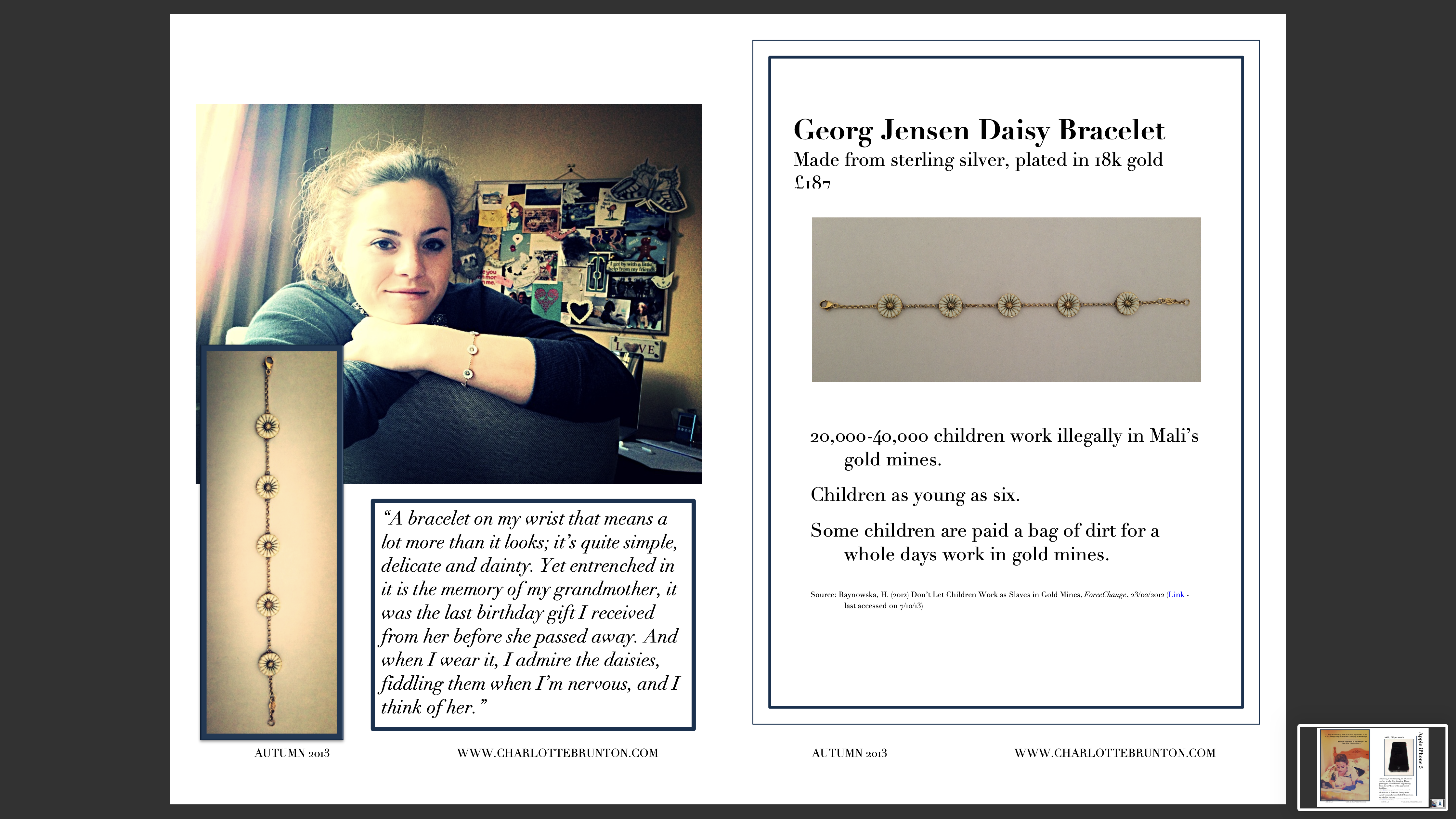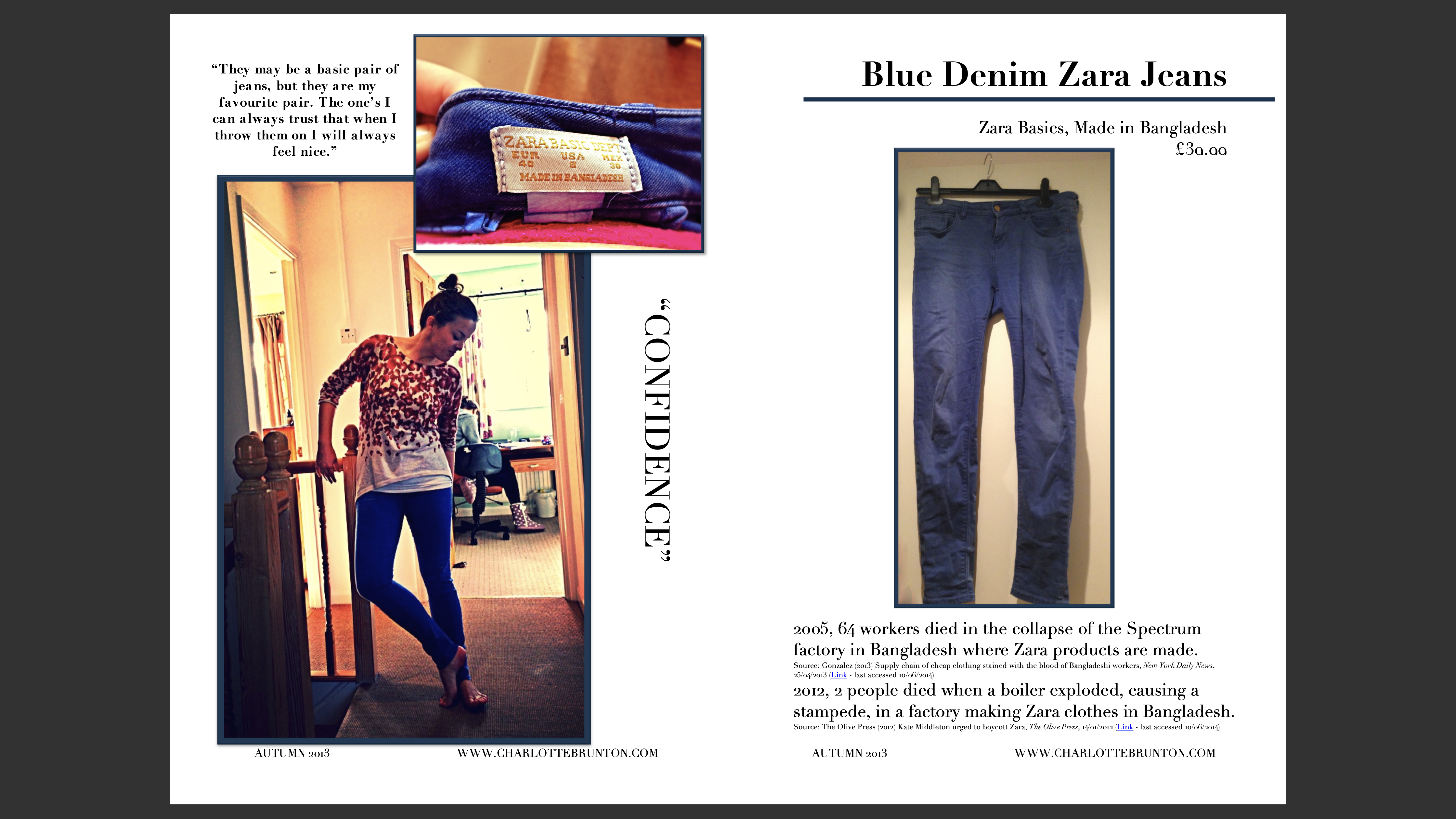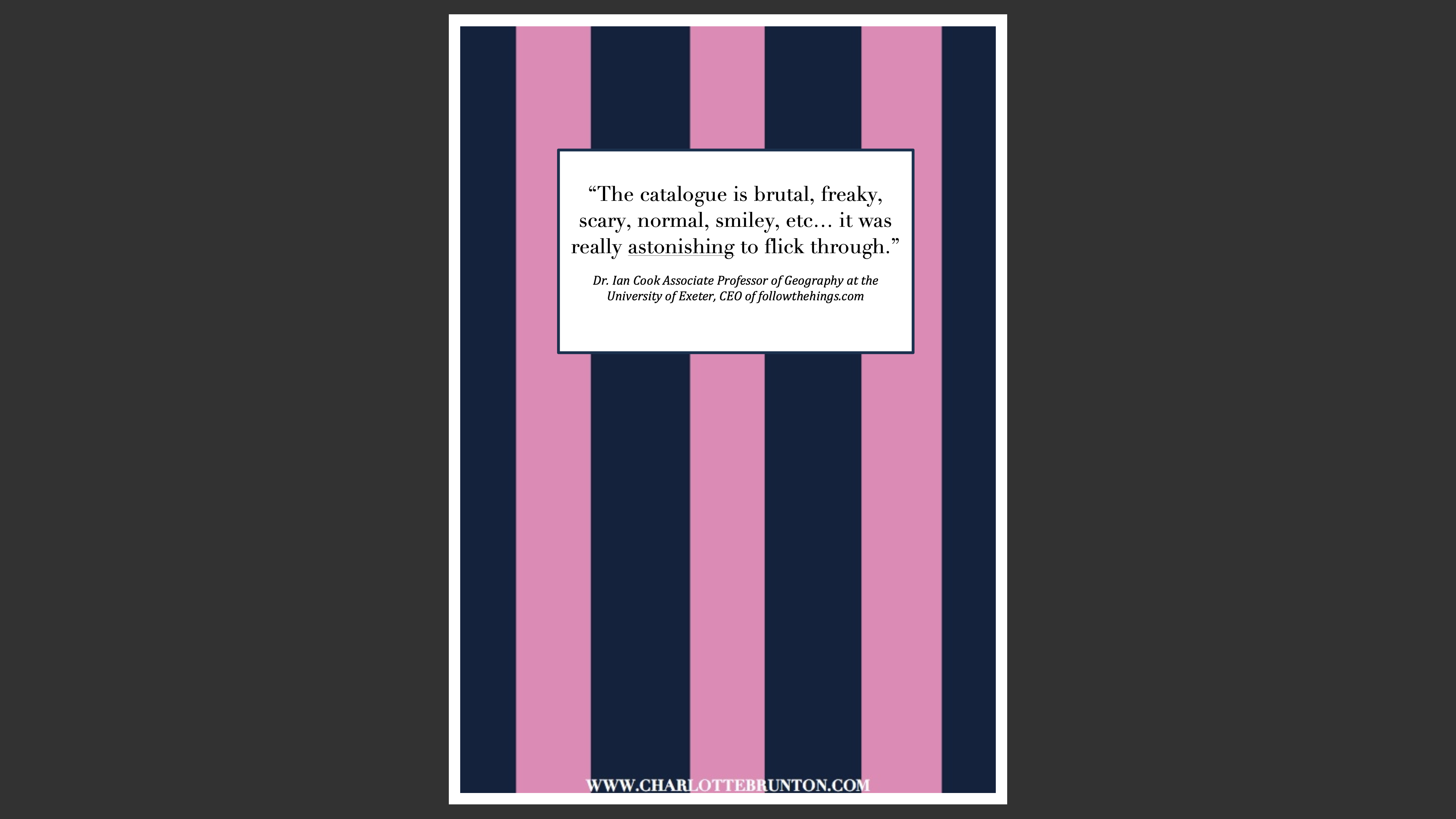
followthethings.com
Fashion
“Beautiful Clothes, Ugly Reality“
A parody catwalk show by garment factory workers sponsored by the Workers’ Information Centre & United Sisterhood Alliance, Phnom Penh, Cambodia, filmed & posted online by Heather Stillwell. See the Chenla Media version here.
Six months after police shot into a crowd of protesting garment workers in Phnom Penh, Cambodian garment workers turned to another kind of protest, a fashion show. Wearing the clothes they were paid so little to make and re-creating scenes from the violent crackdown on their street protests on stage, they challenged Western brands to play their part in stopping this violence and exploitation and paying the people who make their clothes a decent wage. Canadian photojournalist Heather Stillwell’s online film of the show went went viral. How did this happen, and what impacts did it have?
Page reference: Caroline Weston Goodman (2018) Beautiful Clothes, Ugly Reality. followthethings.com/beautiful-clothes-ugly-reality.shtml (last accessed <insert date here>)
Page also available in Finnish here (coming soon)
Estimated reading time: 50 minutes.
Continue reading Beautiful Clothes, Ugly Reality ![]()

